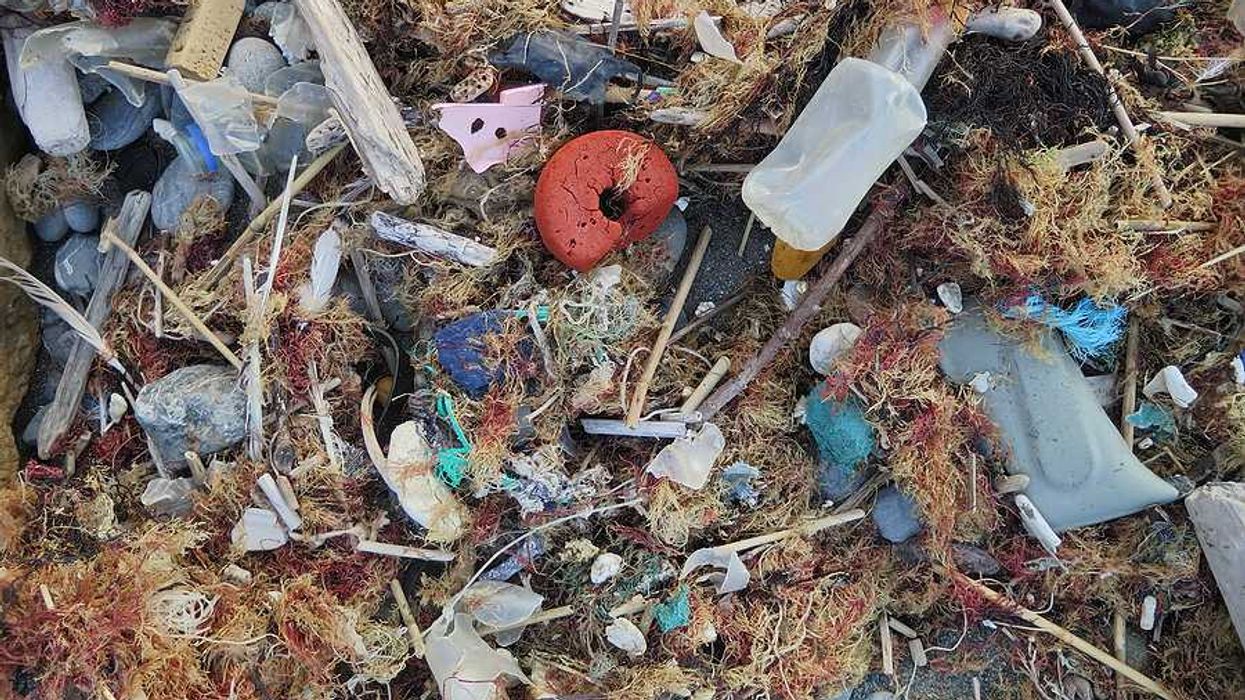A recent paper in Frontiers in Toxicology examined research submitted by industry to the U.S. Environmental Protection Agency (EPA) on the neurotoxicity of neonicotinoids - the most widely used class of insecticides in the U.S. and worldwide - and found that the data was evaluated improperly by the agency.
In short:
- Five different neonicotinoids caused significant brain tissue reduction and nervous system defects in rats exposed during development.
- Some of these impacts are similar to those seen in people diagnosed with ADHD, and in children of mothers who smoked during pregnancy.
- EPA had numerous deficiencies in their analysis of the data: dismissing statistically significant adverse effects; accepting the results of substandard studies; ignoring scientists who pointed out flaws in the submitted data; setting safety levels without obtaining adequate data; and allowing industry to influence their decision making.
Key quote: “The exposure limits set by EPA for human exposure [to neonicotinoids] are either not protective or not supported by available neurotoxicity data.”
Why this matters: Neonicotinoids are widely used not only for commercial agriculture but also for more personal uses like home gardens and in some flea and tick treatments for pets. Humans are regularly exposed to neonicotinoids – which are structurally similar to nicotine – through the environment, food and water. Neonicotinoids’ popularity partly comes from the belief that their harmful effects are mostly limited to insects, but studies like this one demonstrate that mammals may also be harmed by the chemicals, and highlight the urgent need for stronger regulations around their use.
Related EHN coverage:
- Common insecticide may be toxic to mammals’ ovaries
- LISTEN: Bruce Lanphear on how we’re failing to protect people from pesticides
More resources:
Watch: Neonics: The Toxic Truth (featuring NRDC)
Explainer: Neonicotinoids 101: The Effects on Humans and Bees (NRDC)
Sass, Jennifer et al. for Frontiers in Toxicology vol 6. Oct. 1, 2024

















